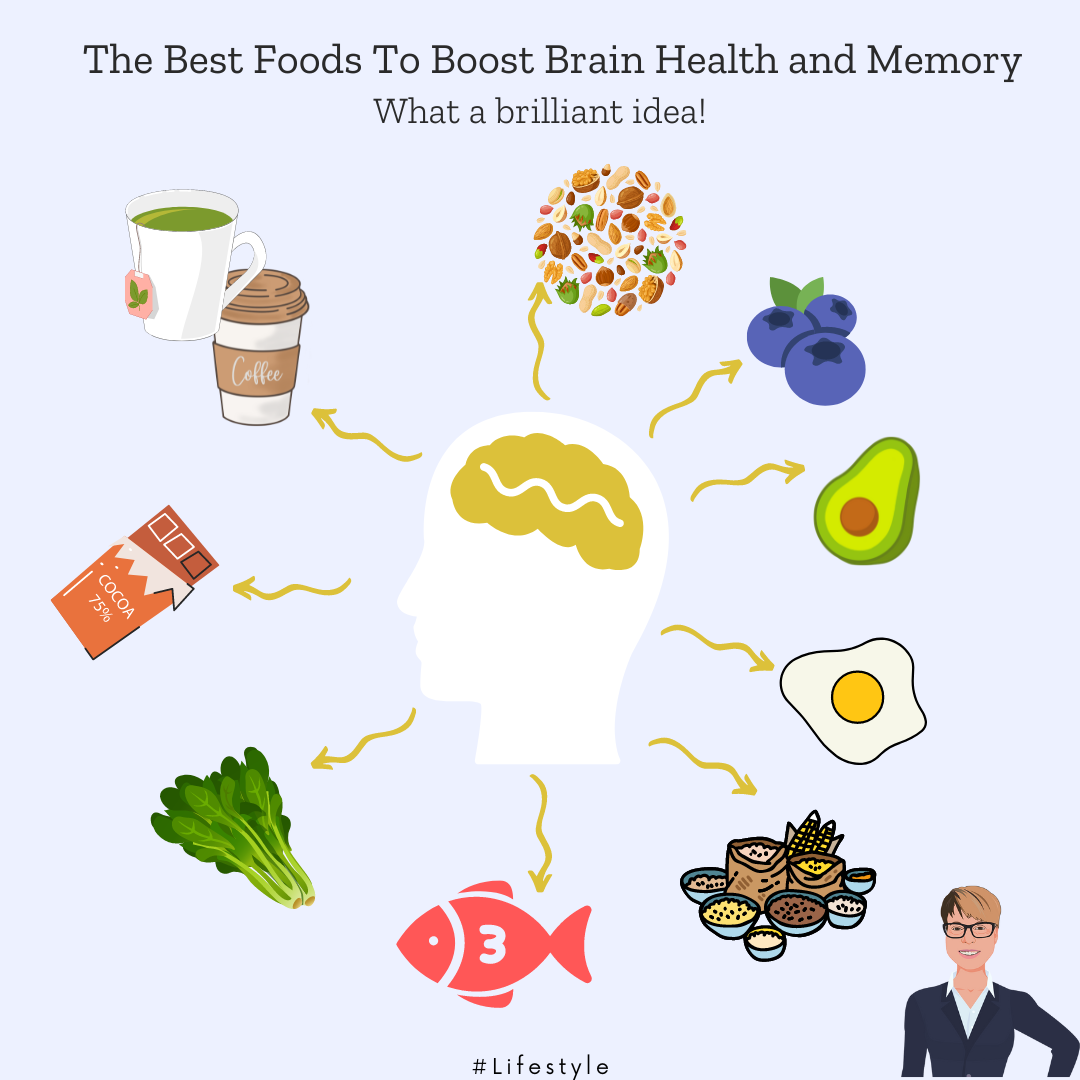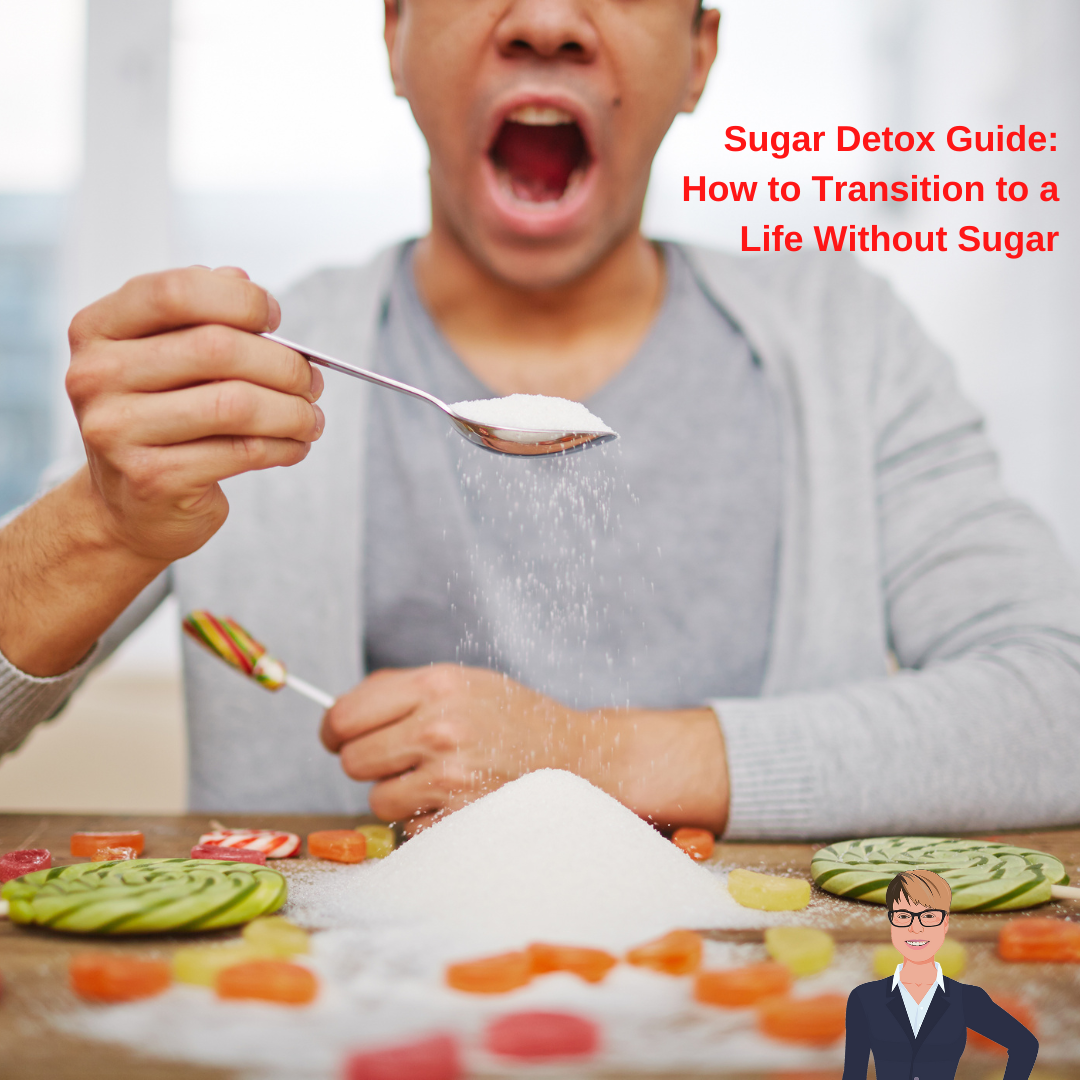Are you an athlete looking to unlock the secret to peak performance? Or maybe you want to stay in shape and improve your fitness. Perhaps you are dealing with Insulin Resistance or the early stages of dementia and want to do what you can to mitigate future problems.
Whatever your goals may be, the right tips and tricks can help you reach your full potential.
From proper nutrition and hydration to effective training techniques, there are many factors to consider when it comes to staying in top form. Be sure to read this week’s blog to discover how to take your fitness to the next level!
Read More
















